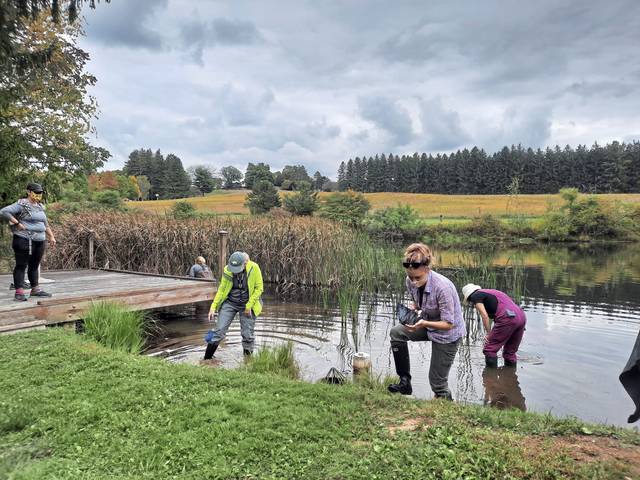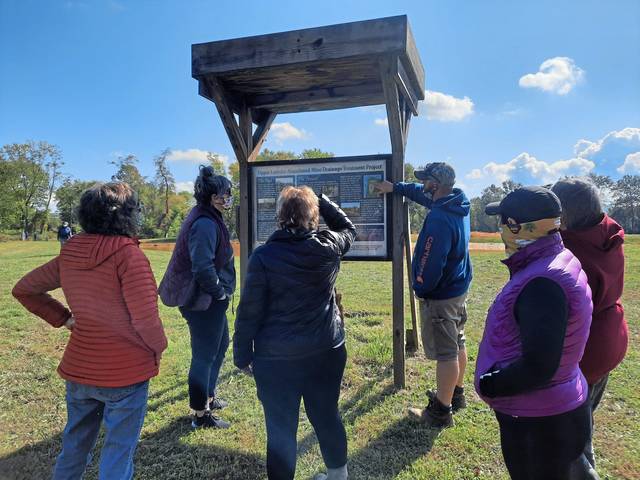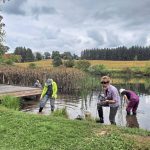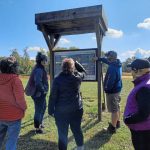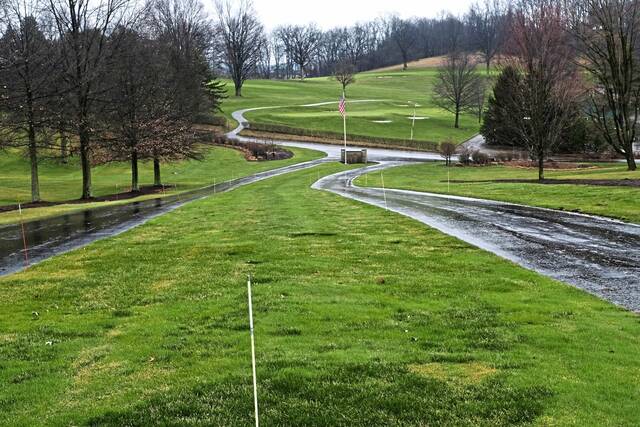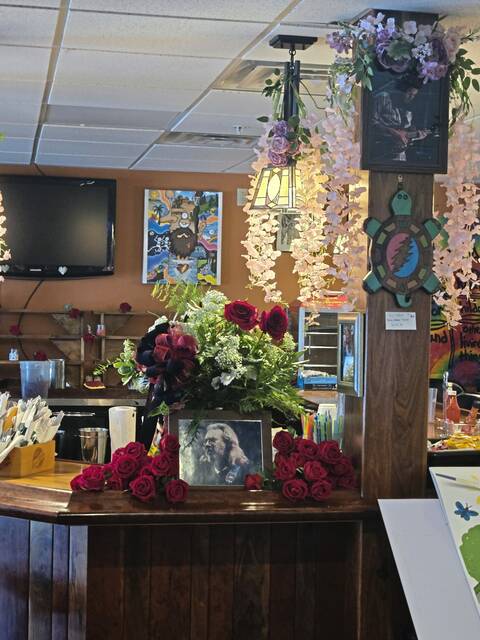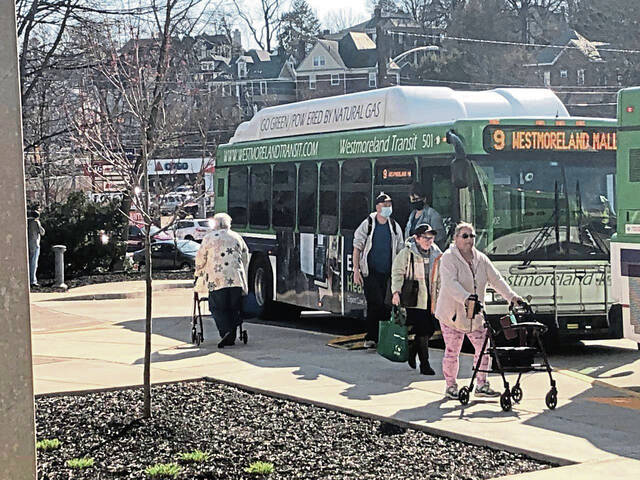Anyone interested in promoting pollinator habitats or tracking bird migrations might want to join the ranks of Pennsylvania’s master naturalists.
Volunteers from Fayette, Somerset and Westmoreland counties can sign up for 55 hours of training in the late summer and fall, which is the first step in becoming certified in the Master Naturalist program and helping to conserve the region’s natural resources.
“There really are no limitations, as long as the person has an interest in the natural world,” according to Melissa Reckner, program manager at Penguin Court near Laughlintown, a preserve of the Brandywine Conservancy that’s partnering in the training program.
Over the past two years, 21 people participated in the training coordinated by Penguin Court; 15 more applicants will be considered for this year’s program.
“The most satisfying part of it is finding people of a like mind,” Reckner said. “It’s so much fun going out into nature with people who can get as excited as you do about the first spring wildflowers.”
Training sessions will be scheduled Tuesday evenings and on four Saturdays, from Aug. 3 through Oct. 26. The state of the covid-19 pandemic and any related social distancing guidelines will determine whether the sessions are held in the conservatory at Penguin Court or at venues where more space is available.
Last year’s training sessions occurred at Historic Hanna’s Town, the Loyalhanna Watershed Association farm and Keystone State Park, Reckner said.
To become certified as a master naturalist, trainees also must complete 30 hours of community service and eight hours of continuing education during their first year in the program. To maintain their status each year, they’re required to complete 20 hours of volunteer service and 12 hours of continuing education.
Trainee Patti Schildkamp of Greensburg presented a virtual program, “Disappearing Lawn,” as a service project and is planning to repeat it this summer in coordination with the Weeders and Seeders Garden Club of Ligonier. The presentation encourages viewers to convert a portion of their lawn from open turf to native plantings to better support wildlife.
Schildkamp, who also is a Pennsylvania master gardener, said the naturalist program “opened up the volunteering in areas that I always wanted to do but couldn’t find the connections — areas like our local stream health and habitat restoration.”
Other planned naturalist projects include placing bat boxes at Penguin Court and developing an apiary on the property of Westmoreland Cleanways and Recycling, near Mt. Pleasant, Reckner said.
A training schedule and application information may be found at pamasternaturalist.org under the headings “Become a Master Naturalist” and “Training Courses.”
For more information, contact Maeve Rafferty, Pennsylvania Master Naturalist’s southwest program coordinator, at mrafferty@pamasternaturalist.org or 412-660-7581.


